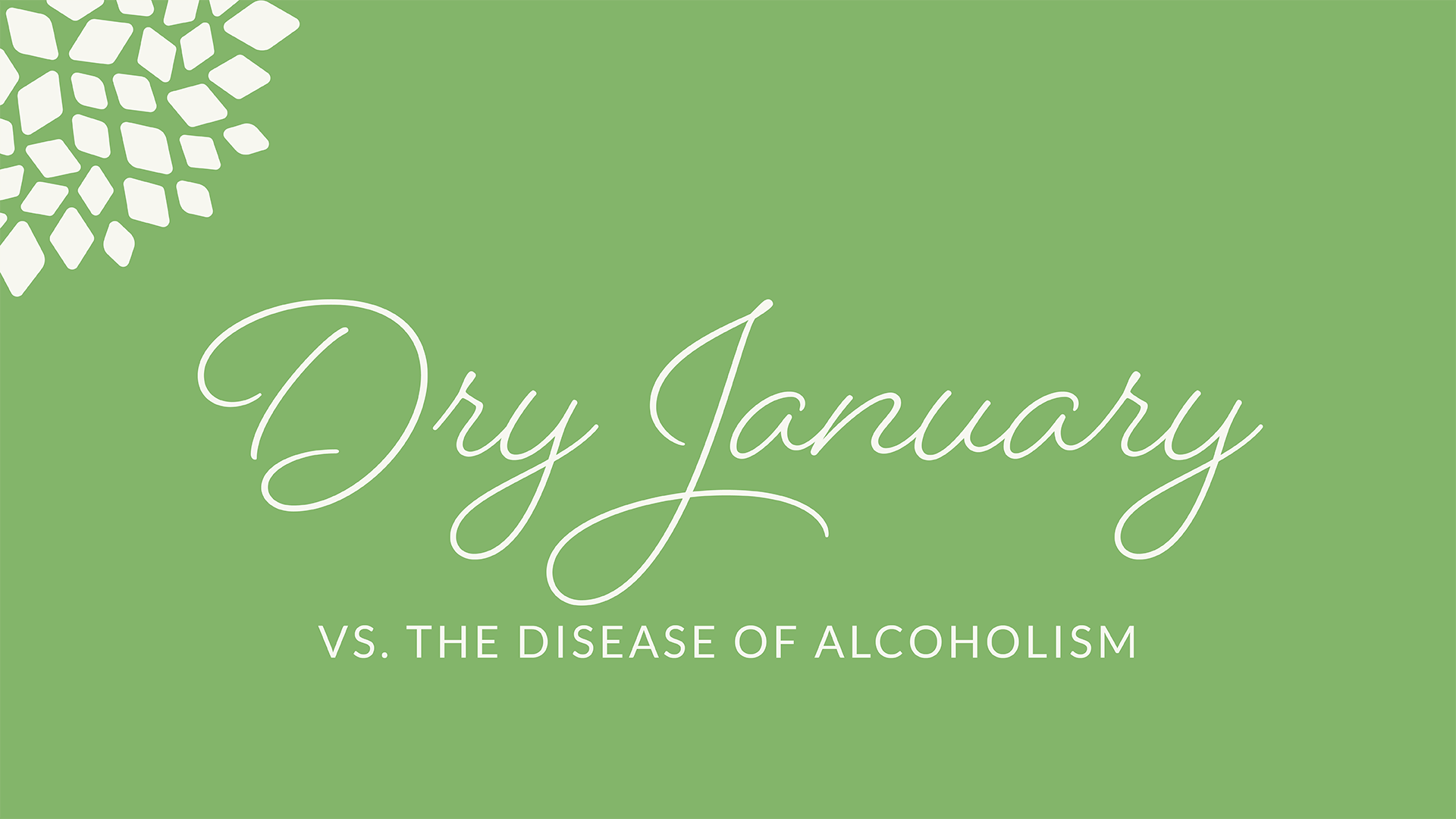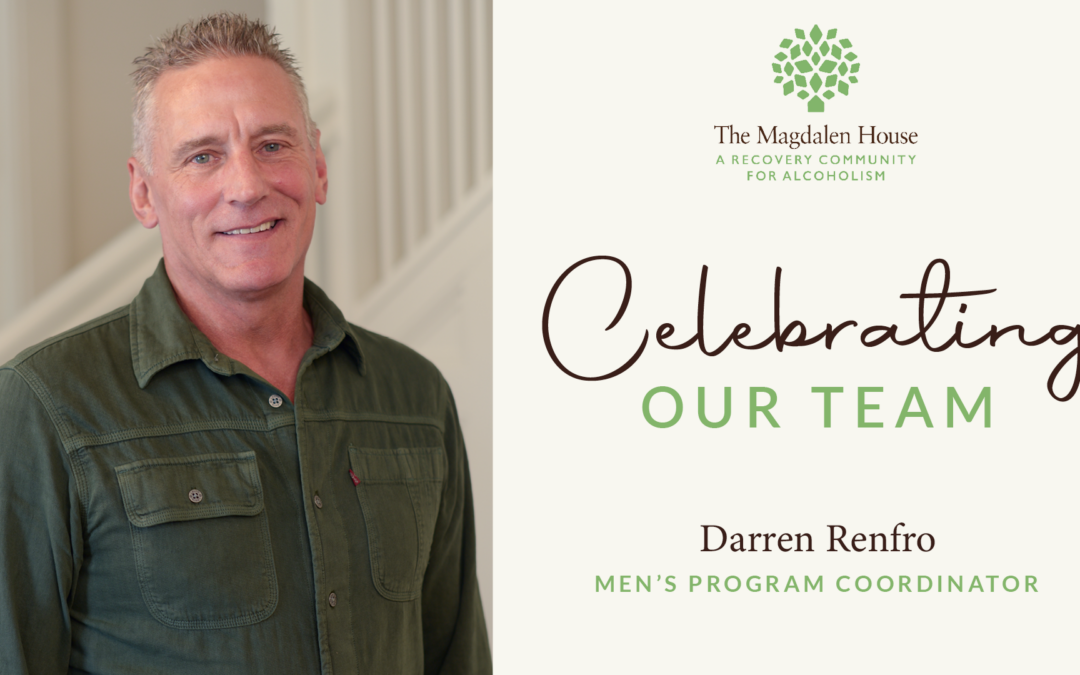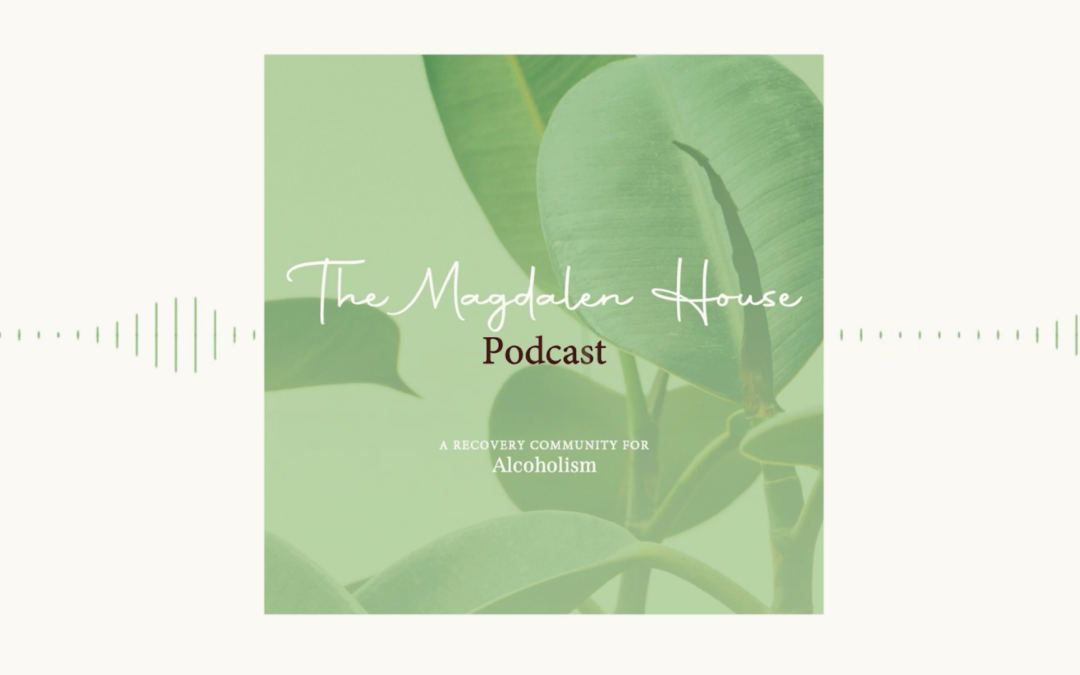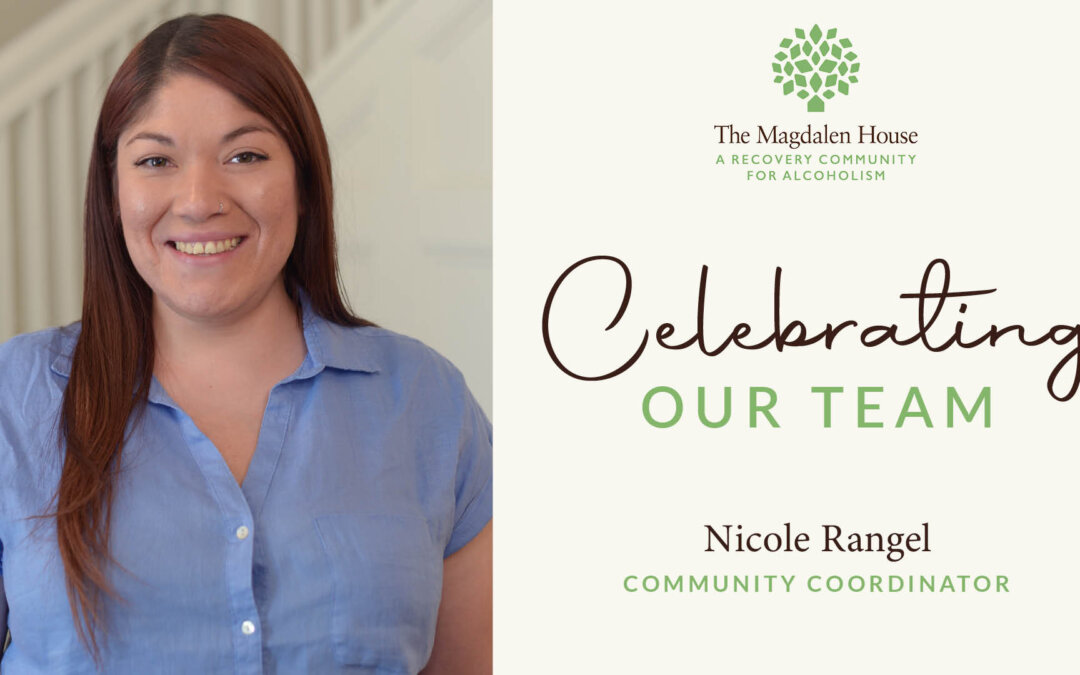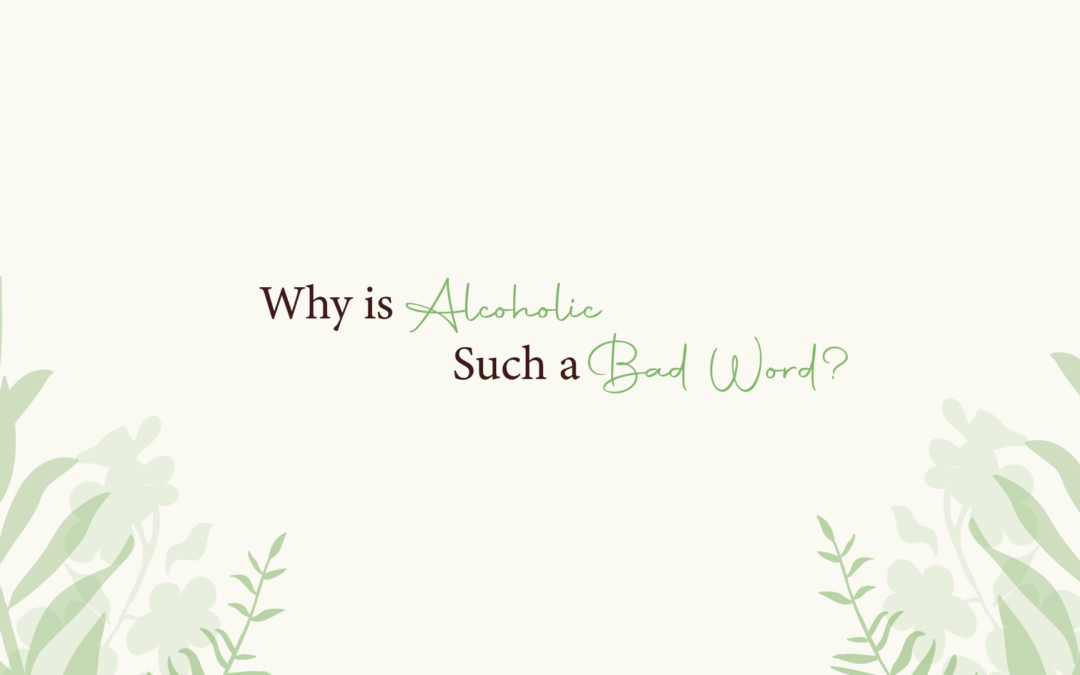Every year, January is a moment for a fresh start, a commitment to resolutions for the new year, looking at changing unhealthy behaviors and forming healthier habits. However, something that always interested me was “dry” January – not drinking for the month to “feel” better.
I understand why not drinking alcohol for a period of time helps most people feel “better,” but for me, just being sober never felt good.
As a matter of experience, fourteen years ago, when I was trying to “not drink,” I always felt worse, much worse.
And those periods of trying to stay sober all those years ago was an experiment that never lasted very long, much less a month. So today, as a recovered alcoholic woman, I understand the difference between just trying to “not drink” and alcoholism.
With January being celebrated as a time for new beginnings and attempts to change to healthier habits, it is critical to understand the difference between just trying to stay sober and the disease of alcoholism.
Did you know that alcoholism is a mental illness?
From the National Institute of Mental Health:
“Substance use disorder changes normal desires and priorities. It changes normal behaviors and interferes with working, going to school, and having good relationships with friends and family. In 2014, 20.2 million adults in the U.S. had a substance use disorder, and 7.9 million had both a substance use disorder and another mental illness.”
In the book Alcoholics Anonymous, 4th edition – the textbook out of which our curriculum of recovery at The Magdalen House is taught – we read several references to this mental illness:
“We of Alcoholics Anonymous are more than one hundred men and women who have recovered from a seemingly hopeless state of mind and body…Many do not comprehend that the alcoholic is a very sick person.” Page XIII
“Once more: The alcoholic at certain times has no effective mental defense against the first drink. Except in a few rare cases, neither he nor any other human being can provide such a defense. His defense must come from a Higher Power.” Page 43
“…for we have been not only mentally and physically ill, we have been spiritually sick.” Page 64
“Therefore, the main problem of the alcoholic centers in his mind, rather than in his body.” Page 23
We Understand.
Undoubtedly, we know what it feels like not be able to stop drinking. We know what it feels like to be alone. To feel like no one will understand. To feel insane. To feel trapped. To feel hopeless. This is our story, too.
We help alcoholic women find The Other Side – we help them find a solution. We help them recover.
Here at The Magdalen House, all of our services are women-only, and they are 100% free of charge. By offering a two-week, in-house First Step program combined with ongoing Community classes, meetings, and workshops, we provide a continuum of care available to any alcoholic woman at any stage of her recovery – for the rest of her life.


